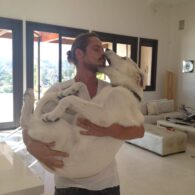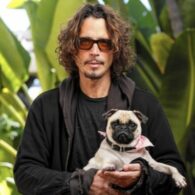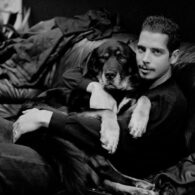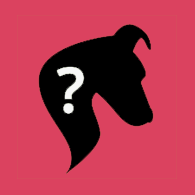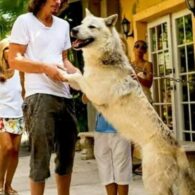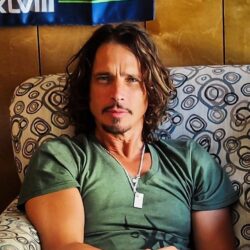Chris Cornell
Chris Cornell was an American musician and singer-songwriter best known as the lead vocalist, primary songwriter, and rhythm guitarist for the rock band Soundgarden, which he co-founded in 1984. He was also the lead vocalist for the supergroup Audioslave and had a successful solo career. Cornell’s powerful and wide-ranging voice, combined with his songwriting abilities, made him one of the most respected and influential musicians of his generation. He passed away in May 2017.
Cornell’s career featured several significant collaborations that defined his musical journey. He co-founded Soundgarden with Kim Thayil and Hiro Yamamoto, creating an iconic band that became a defining voice of the grunge movement in the early 90s. Their album “Superunknown” reached the top of the Billboard charts and earned two Grammy Awards. Cornell later joined forces with members of Rage Against the Machine to form Audioslave, producing a multi-platinum debut album that highlighted his powerful vocals and Tom Morello‘s innovative guitar work. Cornell also collaborated with composer David Arnold for the James Bond film “Casino Royale,” performing the theme song “You Know My Name,” which earned a World Soundtrack Award in 2007.
Cornell’s versatility was evident in his varied collaborations. He worked with Timbaland on the album “Scream,” blending rock with electronic and hip hop influences. Although the album received mixed reviews, it showcased his willingness to experiment and evolve. He collaborated with Eddie Vedder of Pearl Jam for the band Temple of the Dog, releasing an album that featured the hit song “Hunger Strike.” This duet between Cornell and Vedder became a definitive song of the era. His final collaboration was his solo work on the album “Higher Truth,” produced with Brendan O’Brien, which displayed a stripped-back, folk-oriented sound.



